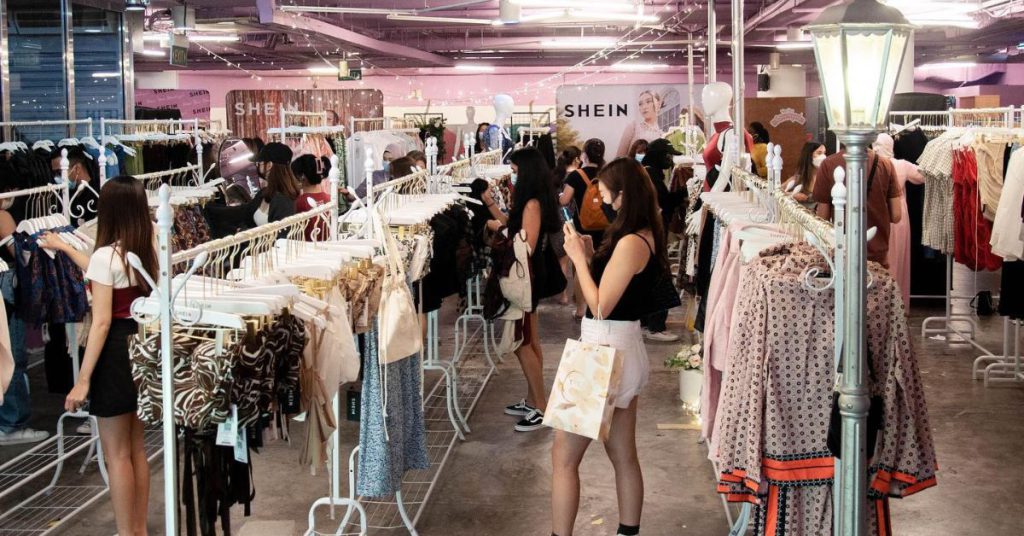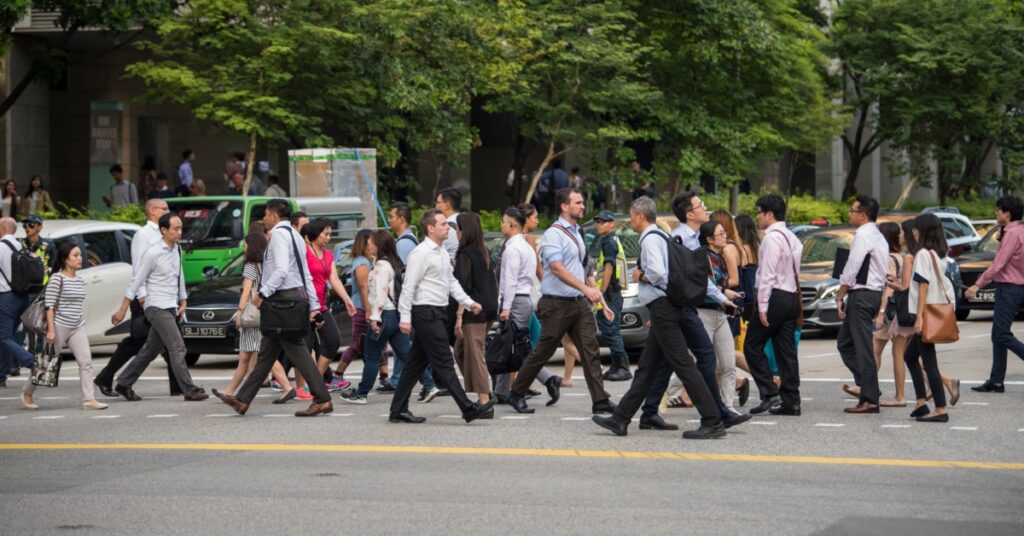Chinese fast-fashion giant Shein is a popular name in the retail world, known for its wide range of affordable and trendy clothing.
But even major players are not immune to change, as the company recently laid off 17 employees from its Singapore headquarters, reported The Straits Times.
This move, announced on September 25, comes at an interesting time as Shein is reportedly preparing for a big move to go public in London, stepping away from its previous plans for a New York listing.
Why the layoffs?
According to Shein, the layoffs are part of a broader restructuring of its IT research and development team in Singapore.
Some roles are being shifted to other markets to align with the company’s global expansion plans and its strategy to become more localised in various regions.
According to the news portal, Shein shared in a statement that these changes are meant to enhance efficiency and support its growing operations in Singapore, which recently saw the opening of a newly expanded office.

The company did not specify if it offered retrenchment packages to the affected employees, but it mentioned that it is working with them through the transition, providing support, and even offering the opportunity to apply for alternative roles in other locations.
Growth despite challenges
Shein’s move to restructure might come as a surprise, given that the company has been on an upward trajectory. In just the last decade, Shein has expanded its footprint massively, boasting over 16,000 employees and serving customers in more than 150 countries.
The company’s fast-fashion model has been a hit, particularly among young consumers looking for stylish, affordable options. However, Shein’s rapid growth hasn’t been without its share of bumps.
The company has faced scrutiny over its product quality and labour practices. The Straits Times reported that earlier this year, authorities in Seoul found that some children’s products sold by Shein contained toxic substances far exceeding acceptable levels. These products were pulled from Shein’s online store while investigations were underway.
Authorities in South Korea also flagged women’s accessories sold by Shein for containing toxic chemicals.

And it’s not just Shein in the spotlight—other online retailers like Temu and AliExpress have faced similar issues, highlighting a broader concern over product safety in the fast-fashion and ecommerce industry.
Adding to these challenges, Shein’s 2023 sustainability report revealed that two of its suppliers had employed children under the age of 16, according to Reuters.
Shein said it promptly suspended orders from these suppliers and required them to implement corrective measures, including better identity checks and payment of owed salaries, before resuming business with them.
These revelations have put Shein under increased scrutiny, especially as it gears up for its London IPO. While the company continues to expand and adapt to different markets, it’s clear that it also needs to address these ongoing issues to maintain its reputation and customer trust.
What’s next for Shein?
Despite these setbacks, Shein shows no signs of slowing down. Its continued hiring in Singapore and new office expansion signal the company’s commitment to growth in the region.
However, how Shein navigates these restructuring moves and ongoing challenges will be critical as it aims to solidify its position on the global stage, especially with an IPO on the horizon.
For now, will have to wait and see how Shein manages these changes and whether it can maintain its momentum while addressing the concerns raised about its products and supply chain practices.
If done right, this restructuring could be a strategic move that helps the company streamline operations and better align with its global goals. But if not, it could add to the list of hurdles Shein needs to overcome in its quest to become a retail powerhouse.
Featured Image Credit: Shein Group










